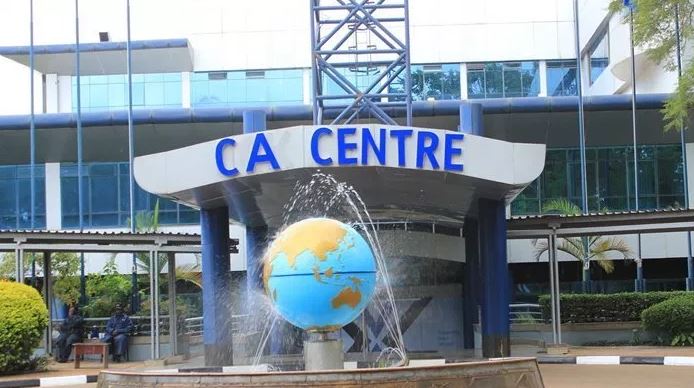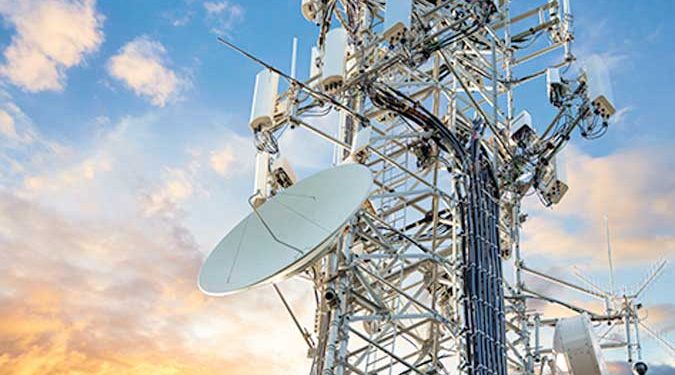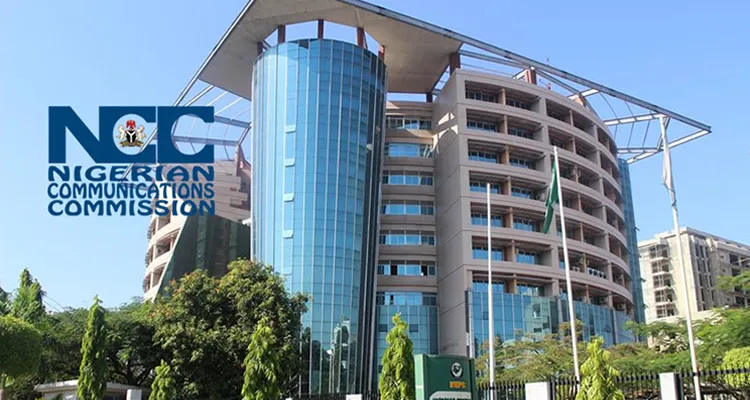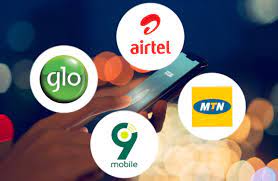The number of international voice calls to Kenya increased by a staggering 57.47 percent year-over-year rise or an increase of 48,989,304 during a 12-month period. This was according to statistics from the Communications Authority of Kenya (CA).
There were 134,247,370 international incoming voice calls made via mobile in the first quarter of the fiscal year 2024–2025, up from 85,258,066 in the first quarter of the previous year.
Read also: Telkom Kenya, Rakuten Symphony, Airspan partner on Open RAN testing, knowledge transfer
Declined outgoing calls
On the other hand, there was a minor decrease in the quantity of outgoing international calls from Kenya.
In the first quarter of 2023/2024, there were 179,701,005 outgoing calls made via mobile phones; in the same quarter of 2024/2025, there were 175,261,235 calls. A traffic jam of 2.47 percent.
The number of calls outgoing from Kenya is consistently higher than those coming from other countries.
Regulatory data shows that international SMS traffic is dwarfed by voice calls, which continue to be the most common method of international communication between Kenya and the rest of the world.
Read also: Safaricom’s M-PESA officially launches Ziidi Money Market Fund in Kenya
Decreased international text messages
However, a significant distinction is that Kenya receives a lot more international SMS messages than it sends.
Notably, outgoing and incoming international text messages have decreased. International incoming SMS traffic decreased by about 9.97 percent during the time under reference. There was a 30.32 percent drop in outbound SMS traffic from 3,739,629 to 2,605,963.
The majority of this traffic is going to and coming from the East African Community (EAC) nations. Of the inbound mobile voice traffic, 77.70 percent (104,315,553) came from EAC. The region was responsible for 66.29 percent of outgoing calls (116,182,986).



